| 1400 – 1800 | Registration opens | Convention Centre Foyer |
| 1400 – 1530 | Arrival of attendees | |
| 1430 – 1800 | Prayer room opens | The Observatory |
| 1430 – 1930 | Nursing room opens | Heritage 2 |
| 1430 – 1930 | Family room opens |
Heritage 3 |
| 1500 – 1730 | Speakers room opens | Boardroom 1 |
| 1600 – 1740 | Live streaming of the plenary at the Family Room and Heritage Ballroom | Heritage 3 Heritage Ballroom |
| Opening Plenary Chairs: Assoc Prof Chris Tonkin, Assoc Prof Michelle Boyle |
Convention Centre | |
| 1600 – 1610 | Welcome by the Committee | |
| 1610 – 1640 | Welcome to Country & Traditional Dance |
|
| 1640 – 1740 |  Keynote SpeakerNew Tools and Strategies for Malaria Elimination Keynote SpeakerNew Tools and Strategies for Malaria EliminationJean-Luc Bodmer, Bill & Melinda Gates FoundationJean-Luc Bodmer, based in Seattle, WA, US, is currently a Senior Program Officer at Bill & Melinda Gates Foundation, bringing experience from previous roles at Seres Therapeutics, Genocea and EPFL (École polytechnique fédérale de Lausanne). |
|
| 1740 – 1750 | Professor Julian Rayner, University of Cambridge, UK Tribute to Dominic Kwiatowski |
|
| 1800 – 1930 | Welcome Reception Venue: Seagrass Lawns, Mantra Lorne Dress code: Business casual or neat casual Join us at the Welcome Reception where you’ll enjoy local wines and cuisines while reconnecting with colleagues.  |
|
Principal Funding Partner  Principal Sponsor 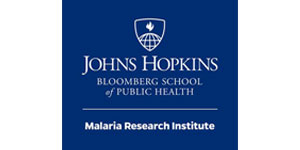 Barista Cart Sponsor  Name Badge and Lanyard Sponsor  |
||
| 0700 – 0745 | Morning Run | Mantra Lobby |
| 0800 – 1800 1915 – 2030 |
Registration opens | Convention Centre Foyer |
| 0800 – 1830 | Speakers room opens | Boardroom 1 |
| 0830 – 1500 | Exhibition opens | Convention Centre Foyer |
| 0830 – 2000 | Prayer room opens | The Observatory |
| 0830 – 2000 | Nursing room opens | Heritage 2 |
| 0830 – 2000 | Family room opens  |
Heritage 3 |
| 0745 – 0840 | Breakfast Workshop for Early Career Researchers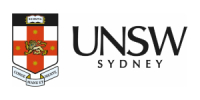 |
Heritage Ballroom |
| 0845 – 1820 | Live streaming of the plenary at the Family Room and Heritage Ballroom | Heritage 3 Heritage Ballroom |
| Life Cycle Biology – pre-Erythrocytic Chairs: Professor Geoff Mcfadden, Dr Scott Lindner  |
Convention Centre | |
| 0845 – 0910 | 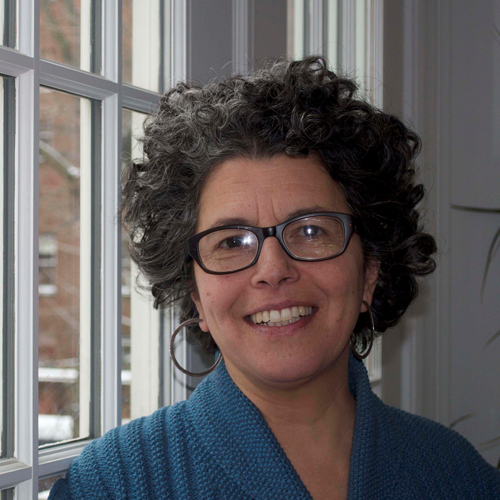 Keynote SpeakerWhen is an infected mosquito an infectious mosquito? Keynote SpeakerWhen is an infected mosquito an infectious mosquito?Photini Sinnis, Johns Hopkins University, USAProfessor Sinnis MD is Professor of Molecular Microbiology and Immunology at the Johns Hopkins Bloomberg School of Public Health and one of the Deputy Directors of the Johns Hopkins Malaria Research Institute. 
|
|
| 0910 – 0935 | 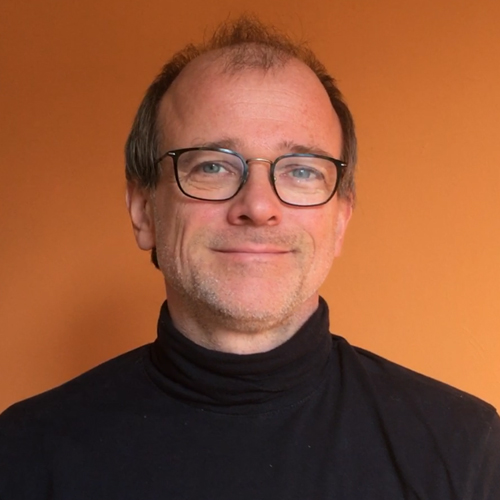 Keynote SpeakerA new look at parasite formation in mosquito stages Keynote SpeakerA new look at parasite formation in mosquito stagesFriedrich Frischknecht, Heidelberg University, GermanyProfessor Frischknecht studied biochemistry at the Free University of Berlin and did his PhD at the European Molecular Biology Laboratory in Heidelberg working on how poxviruses use the actin cytoskeleton to spread. |
|
| 0935 – 0950 | Elimination of intra-hepatocytic malaria parasites requires GABARAPs, reactive oxygen species and lysosomal fusion but not nitric oxide production Seattle Children’s Research Institute |
|
| 0950 – 0955 | Mini break | |
| 0955 – 1020 | 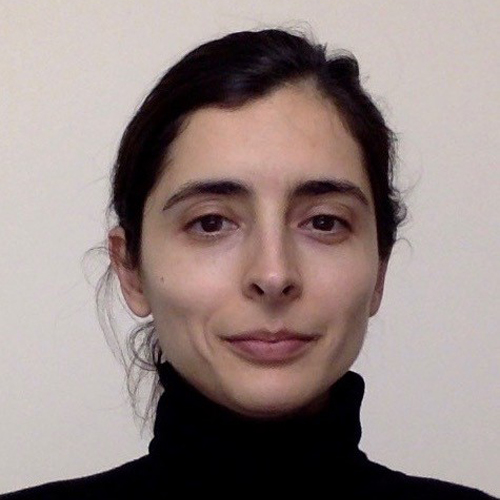 Keynote SpeakerUnveiling the biology of Plasmodium vivax hypnozoites with single-cell transcriptomics Keynote SpeakerUnveiling the biology of Plasmodium vivax hypnozoites with single-cell transcriptomicsLiliana Mancio-Silva, Institute Paster, FranceDr Liliana Mancio-Silva is currently a research associate at the French National Institute of Health and Medical Research (Inserm) and a group leader at the Institut Pasteur in Paris, France. Her primary. |
|
| 1020 – 1035 | Characterisation of the Apicomplexa-specific zinc-finger protein (ZINGER) family in Plasmodium and identification of their RNA-targets and protein interactome University of Glasgow |
|
| 1035 – 1050 | SHIFTiKO – A scalable inducible gene knockout system for Plasmodium falciparum Francis Crick Institute |
|
| 1050 – 1120 | Morning Refreshments + Exhibition Viewing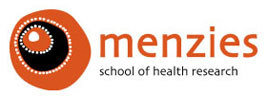 |
Convention Centre Foyer |
| Molecular Epidemiology & Population genetics Chairs: Professor Alyssa Barry, Dr Katherine O’Flaherty |
Convention Centre | |
| 1120 – 1145 | 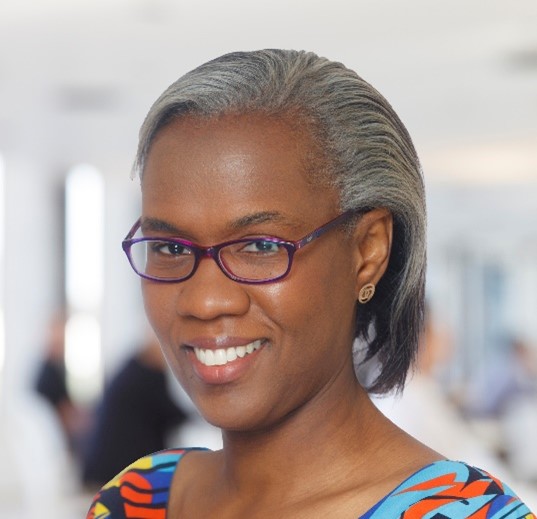 Keynote SpeakerIntegrating malaria molecular epidemiology into routine surveillance Keynote SpeakerIntegrating malaria molecular epidemiology into routine surveillanceIsabella Oyier, KEMRI-Wellcome Trust, KenyaIsabella Oyier is the Head of the Biosciences Department at KEMRI-Wellcome Trust Research Program (KWTRP), an Associate Professor, Nuffield Department of Medicine, University of Oxford a Calestous Juma Fellow, funded by the. 
|
|
| 1145 – 1200 | Impact of β-thalassaemia on Plasmodium falciparum red cell invasion and development: insights from a recall-by-genotype study conducted in Kilifi, Kenya KEMRI-Wellcome Trust Research Programme |
|
| 1200 – 1215 | Genome to function: Global analysis of P. malariae WGS hints at pyrimethamine resistance, validated using ortholog replacement in P. knowlesi. London School of Hygiene & Tropical Medicine |
|
| 1215 – 1220 | Mini Break | |
| 1220 – 1600 | Even number posters to be affixed for today’s poster session | Marquee @ The D Greens |
| 1220 – 1245 | 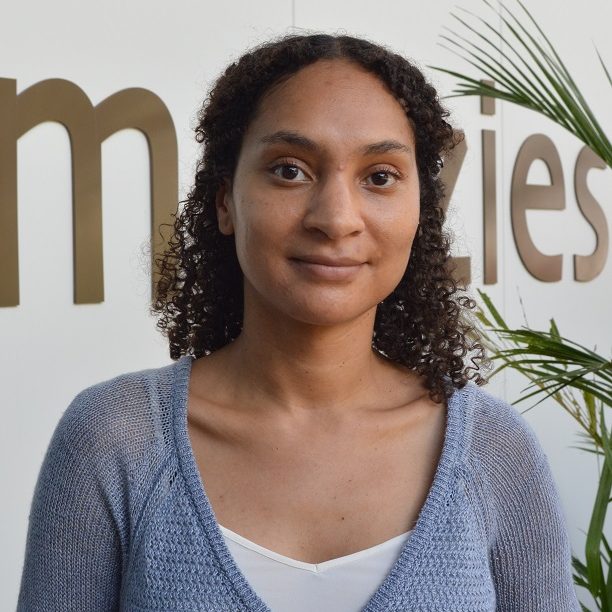 Keynote SpeakerGenetic reconstruction of Plasmodium vivax lineages: insights on parasite biology and epidemiology Keynote SpeakerGenetic reconstruction of Plasmodium vivax lineages: insights on parasite biology and epidemiologySarah Auburn, Menzies School of Health Research, AustraliaAssociate Professor Sarah Auburn is a molecular biologist, whose passion is using genetics/genomics to learn about the biology and the epidemiology of pathogens and their hosts. In pursuit of this interest, she. |
|
| 1245 – 1300 | Antigenic variation of malaria parasites counteracts the host immune system Bernhard-Nocht Institute for Tropical Medicine |
|
| 1300 – 1325 | 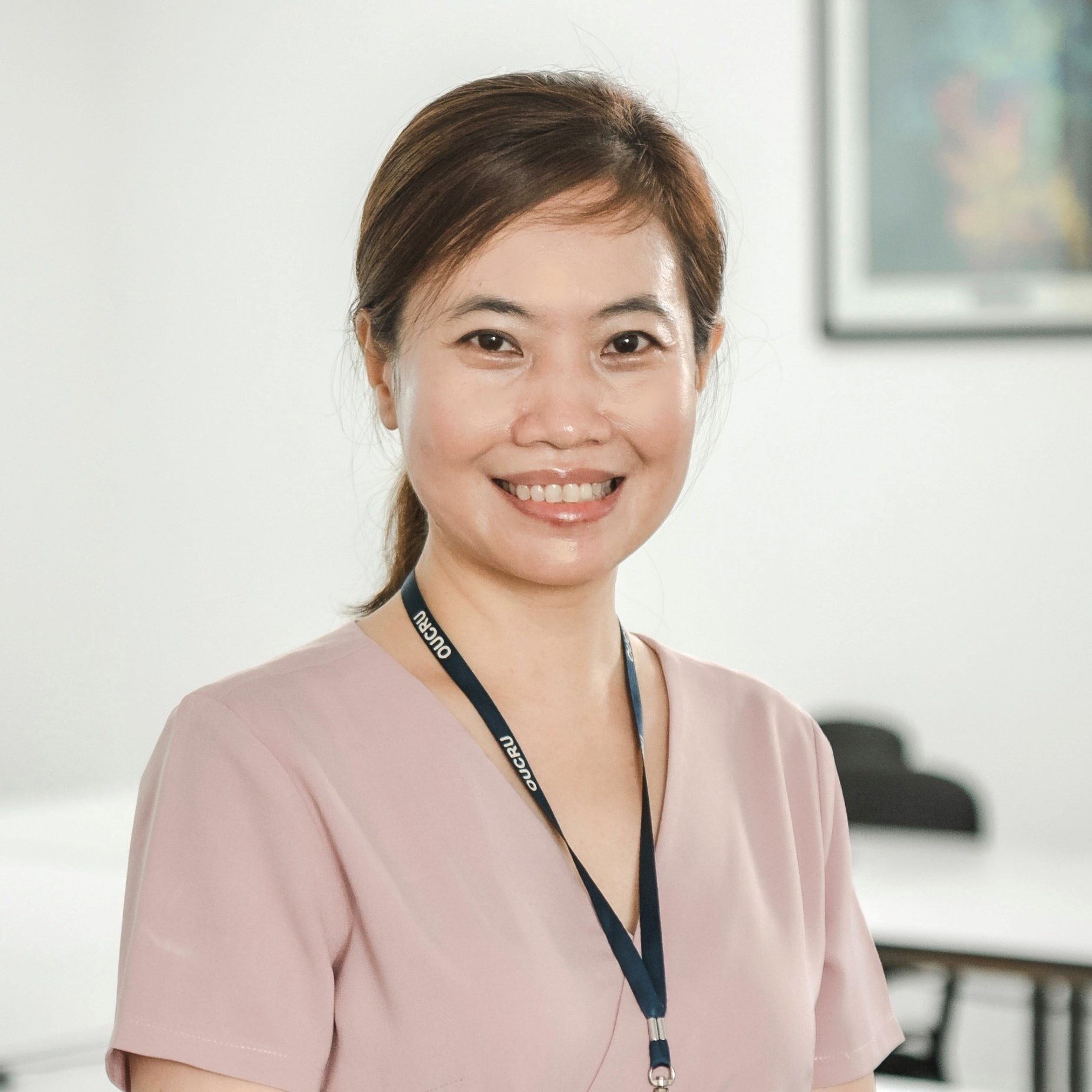 Keynote SpeakerGenetic surveillance of Plasmodium parasites to support National Malaria Control Program Keynote SpeakerGenetic surveillance of Plasmodium parasites to support National Malaria Control ProgramNguyen Thanh Thuy Nhien, Oxford University Clinical Research Unit, VietnamDr Thuy Nhien is currently Vice Head of Malaria Research at OUCRU-VN. Dr Thuy Nhien received PhD in Life Sciences (in field of Malaria Molecular Biology) in Kyoto, Japan and joined OUCRU. 
|
|
| 1325 – 1430 | Lunch + Exhibition Viewing |
Convention Centre Foyer |
| 1430 – 1600 | Free Time | |
| Life Cycle Biology – Blood stage – 1 Chairs: Professor Alan Cowman, Dr Hayley Bullen |
Convention Centre | |
| 1600 – 1625 |  Keynote SpeakerIn situ structural study of the rhoptry secretion system Keynote SpeakerIn situ structural study of the rhoptry secretion systemYi-Wei Chang, University of Pennsylvania, USAYi-Wei Chang is an Assistant Professor of Biochemistry and Biophysics at the University of Pennsylvania Perelman School of Medicine in the United States. Yi-Wei received his PhD in structural biology from National . |
|
| 1625 – 1650 | 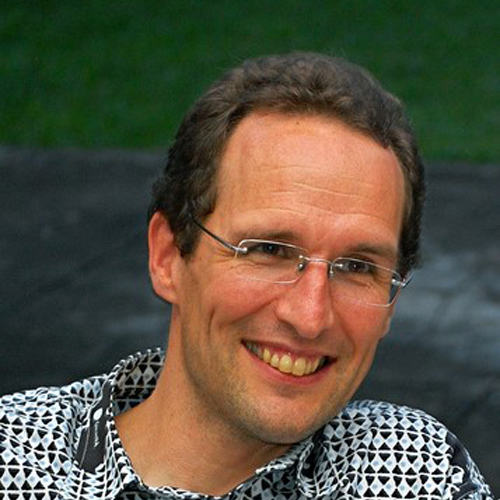 Keynote SpeakerThe mechanisms underlying coordinated gene activation and silencing for antigenic variation by Plasmodium falciparum Keynote SpeakerThe mechanisms underlying coordinated gene activation and silencing for antigenic variation by Plasmodium falciparumKirk Deitsch, Cornell University, USAKirk Deitsch is a Professor in the Microbiology and Immunology Department and co-Chair of the Biochemistry, Molecular and Cell Biology Graduate Program at Weill Cornell Medical College in New York City, USA. |
|
| 1650 – 1705 | A study of Plasmodium falciparum merozoite-erythrocyte attachment using optical tweezers and microfluidics sheds new light on molecular interaction of invasion University of Cambridge |
|
| 1705 – 1720 | Cross species importance and functional characterisation of merozoite surface proteins The University of Adelaide |
|
| 1720 – 1725 | Mini Break | |
| 1725 – 1750 | 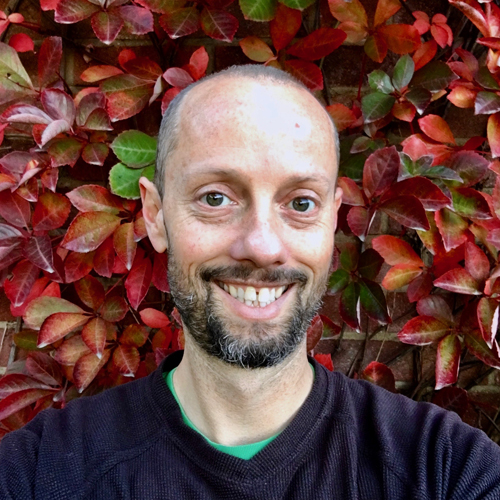 Keynote SpeakerResolving the spatial proteome of Plasmodium falciparum asexual stages and their interaction with the erythrocyte Keynote SpeakerResolving the spatial proteome of Plasmodium falciparum asexual stages and their interaction with the erythrocyteRoss Waller, University of Cambridge, UKRoss Waller completed a PhD in 2000 at the University of Melbourne working on the newly discovered remnant plastid in apicomplexan parasites. He undertook postdoctoral training from 2000-3 as a Peter Doherty. |
|
| 1750 – 1805 | Plasmodium merozoites require two rhoptries for erythrocyte invasion University of Georgia |
|
| 1805 – 1820 | A system to study switching, binding, trafficking and interactors of the major P. falciparum virulence factor PfEMP1 Bernhard Nocht Institute for Tropical Medicine |
|
| 1820 – 1945 | Nightly Dinner (Ticketed) | Seagrass Lawns |
| Flash Talks A Chairs: Dr Rhea Longley, Dr Emma McHugh |
Convention Centre | |
| 1945 – 2030 | Assessing the immunomodulatory potential of Ruxolitinib during controlled human malaria infection QIMR Berghofer Medical Research Institute |
|
| The role of reticulocyte binding-like (RBL) and Duffy binding-like (DBL) proteins in host cell tropism during erythrocyte invasion London School of Hygiene & Tropical Medicine |
||
| Are you sleeping? Understanding mechanisms of Plasmodium falciparum oocyst dormancy in response to stress Harvard T. H. Chan School of Public Health |
||
| The genetically encoded calcium indicator GCaMP3 reveals spontaneous calcium oscillations at asexual stages of the human malaria parasite Plasmodium falciparum Faculdade de Ciências Farmacêuticas da Universidade de São Paulo – FCF/USP |
||
| A sticky situation: the influence of microvessel mechanics on cerebral malaria pathogenesis EMBL Barcelona |
||
| Proliferation and spread of Plasmodium falciparum kelch13 C580Y mutations in parasite populations on the north coast of Papua New Guinea Burnet Institute |
||
| A conserved molecular mechanism of erythrocyte invasion by malaria parasites Walter and Eliza Hall Institute |
||
| Artemisinin-resistant Kelch13 mutations are associated with reduced drug activation and enhanced antioxidant capacity, which can be targeted to overcome resistance Monash University |
||
| Deconvolving genetic complexity in Plasmodium vivax infections Exeins Health Initiative |
||
| Identification of a key regulatory mechanism influencing var switching and antigenic variation in Plasmodium falciparum Weill Cornell Medicine |
||
| Development of gene drives to directly target malaria parasites University of Melbourne |
||
| 2030 – 2200 | Poster Viewing | Marquee @ D green |
|
|
||
Principal Funding Partner  Principal Sponsor  Barista Cart Sponsor  Name Badge and Lanyard Sponsor  |
||
| 0700 – 0745 | Morning Run | Mantra Lobby |
| 0800 – 0900 | Even number posters to be removed | Marquee @ The D Greens |
| 0830 – 1800 1915 – 2030 |
Registration opens | Convention Centre Foyer |
| 0815 – 1830 | Speakers room opens | Boardroom 1 |
| 0830 – 1500 | Exhibition opens | Convention Centre Foyer |
| 0830 – 1930 | Prayer room opens | The Observatory |
| 0830 – 1930 | Nursing room opens | Heritage 2 |
| 0830 – 1930 | Family room opens  |
Heritage 3 |
| 0845 – 1810 | Live streaming of the plenary at the Family Room and Heritage Ballroom | Heritage 3 Heritage Ballroom |
| Drug Development and Resistance – 1 Chairs: Assoc Prof Darren Creek, Dr Adele Lehane |
Convention Centre | |
| 0845 – 0910 | 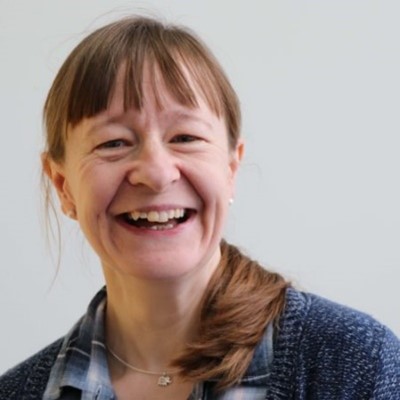 Keynote SpeakerThe Direct Approach: The Role of Chemical Proteomics in Anti-malarial Target Deconvolution Keynote SpeakerThe Direct Approach: The Role of Chemical Proteomics in Anti-malarial Target DeconvolutionSusan Wyllie, University of Dundee, UKUniversity of Dundee Dr Susan Wyllie gained her PhD at the University of Edinburgh in 1999 following studies of the parasitic bacteria, Chlamydia psittaci. Following a 3-year postdoc at the University of . 
|
|
| 0910 – 0925 | Confirmed artemisinin partial resistance but high efficacy of artemether-lumefantrine and artesunate-amodiaquine in North-western Tanzania National Institute for Medical Research |
|
| 0925 – 0940 | Malaria in 2024: triple combinations of antimalarials. How do we get there? Medicine for Malaria Venture |
|
| 0940 – 0945 | Mini Break | |
| 0945 – 1010 | 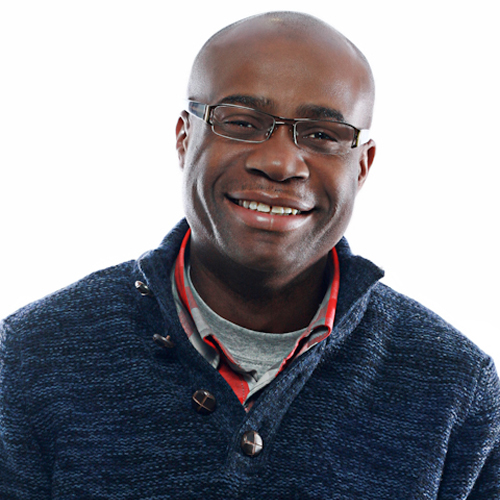 Keynote SpeakerTargeting Plasmodium kinases and haemozoin formation with dual inhibitors Keynote SpeakerTargeting Plasmodium kinases and haemozoin formation with dual inhibitorsKelly Chibale, University of Cape Town, South AfricaKelly Chibale is a full Professor of Organic Chemistry at the University of Cape Town (UCT) where he holds the Neville Isdell Chair in African-centric Drug Discovery & Development. He is also. 
|
|
| 1010 – 1025 | Novel Plasmodium falciparum genetic crosses reveal the complexity of drug resistance evolution and life cycle maintenance Seattle Children’s Research Institute |
|
| 1025 – 1055 | Morning Refreshments + Exhibition Viewing |
Convention Centre Foyer |
| Immunity Chairs: Professor Chris Engwerda, Dr Lynette Beattie |
Convention Centre | |
| 1055 – 1120 | 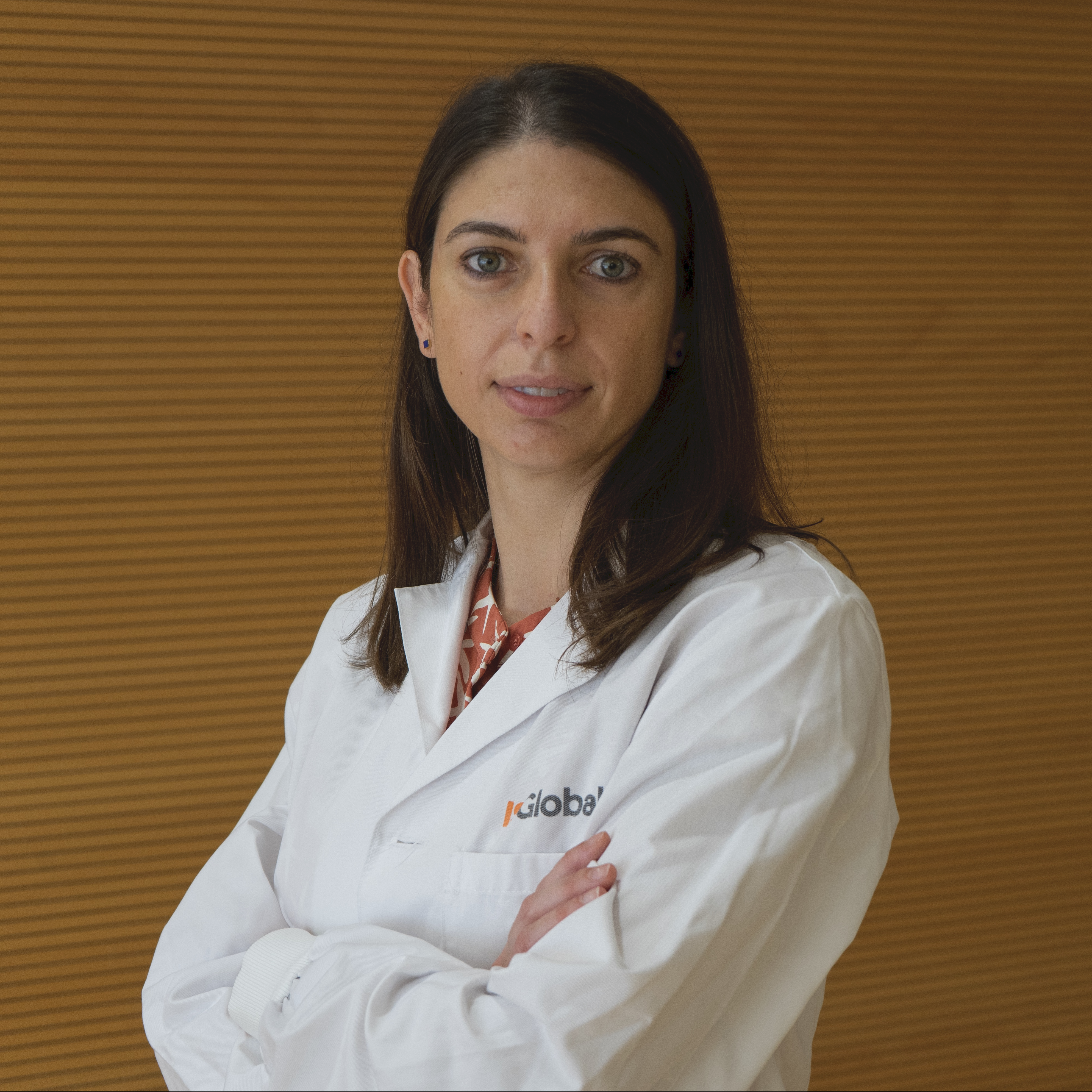 Keynote SpeakerBeyond antibodies: cellular and transcriptional responses in RTS,S vaccinated children Keynote SpeakerBeyond antibodies: cellular and transcriptional responses in RTS,S vaccinated childrenGemma Moncunill, Barcelona Institute for Global Health, SpainGemma Moncunill is an Assistant Research Professor in the Malaria Immunology group at ISGlobal (Barcelona, Spain), where she works on determinants and mechanisms of vaccine responses and immunity to malaria and other. |
|
| 1120 – 1145 |  Keynote SpeakerMetabolic regulation of anti-malarial immunity Keynote SpeakerMetabolic regulation of anti-malarial immunityNoah Butler, The University of Iowa, USANoah Butler is the Mark Stinski Professor in Immunology and Associate Professor of Microbiology and Immunology in the University of Iowa Carver College of Medicine in the US. Dr. Butler’s laboratory uses . |
|
| 1145 – 1200 | The rapid and selective digest vacuole lysis activity of an anti-plasmodial peptide derived from a human host defence protein. Australian National University |
|
| 1200 – 1215 | Gamm Delta T cell-derived IL-4 promotes immunity to liver-stage malaria University of Melbourne |
|
| 1215 – 1220 | Mini Break | |
| 1220 – 1235 | Pre-erythrocytic immunity beyond the sporozoite: CD4+ T cell responses against liver stage P. falciparum antigens in Ugandan children University of California, San Francisco |
|
| 1235 – 1300 |  Keynote SpeakerThe human adaptive immune response to Plasmodium falciparum circumsporozoite protein Keynote SpeakerThe human adaptive immune response to Plasmodium falciparum circumsporozoite proteinHedda Wardemann, German Cancer Research Institute, Heidelberg, GermanyProfessor Hedda Wardemann is heading the Division of B Cell Immunology at the German Cancer Research Center. Professor Wardemann is a B cell immunologist with a primary interest in antibody repertoires and. |
|
| 1300 – 1315 | Plasmodium vivax rapidly induces species-specific clinical immunity University of Edinburgh |
|
| 1315 – 1430 | Drug Discovery WorkshopJohn A. McCauley, MSD |
Heritage Ballroom |
| 1315 – 1430 | Lunch + Exhibition Viewing |
Convention Centre Foyer |
| 1430 – 1600 | Free Time Odd number posters to be affixed for today’s poster session |
Marquee @ The D Greens |
| Life Cycle Biology – Sexual Development Chairs: Professor Andy Waters, Dr Claire Sayers |
Convention Centre | |
| 1600 – 1625 | 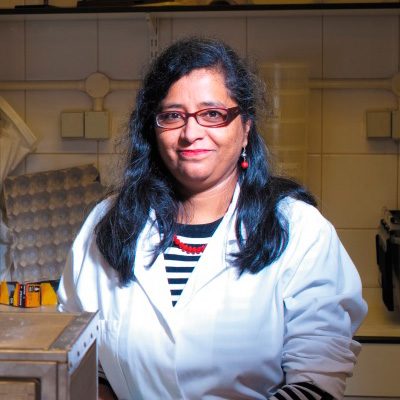 Keynote SpeakerDivide et Impera: How Plasmodium divergent kinases rule cell division? Keynote SpeakerDivide et Impera: How Plasmodium divergent kinases rule cell division?Rita Tewari, University of Nottingham, UKRita Tewari is Professor of Parasite Cell Biology, Faculty of Medicine and Health Sciences. Research in her group aims to analyse parasite proteins, in particular kinases, phosphatases and other novel proteins involved. |
|
| 1625 – 1640 | Fertility screens identify genes essential for Plasmodium transmission to mosquitoes and reveal conserved aspects of sex in a divergent eukaryote Umeå University |
|
| 1640 – 1655 | An E3 ubiquitin ligase complex regulates stage transition in human malaria parasites Walter and Eliza Hall Institute |
|
| 1655 – 1710 | The P. falciparum bromodomain protein PfBDP1 plays an essential role in regulating the transcriptional program of gametocytes University Hospital Erlangen |
|
| 1710 – 1715 | Mini Break | |
| 1715 – 1740 |  Keynote SpeakerThe Alpha and Omega of HDP1 function during gametocyte development Keynote SpeakerThe Alpha and Omega of HDP1 function during gametocyte developmentBjorn Kafsack, Cornell University, USABjörn Kafsack leads a team of researchers at Weill Cornell Medicine in New York City. His group uses molecular genetics and multi-omics approaches to probe the regulatory mechanisms underlying sexual commitment and. |
|
| 1740 – 1755 | Global gene expression of human malaria parasite throughout intrahepatocytic development Center for Global Infectious Disease Research |
|
| 1755 – 1810 | Global release of translational repression across Plasmodium’s host-to-vector transmission event Pennsylvania State University |
|
| 1810 – 1930 | Nightly Dinner (Ticketed) | Seagrass Lawns |
| Flash Talks B Chairs: Dr Ghizal Siddiqui, Dr Madeline Dans |
Convention Centre | |
| 1930 – 2015 | Ruxolitinib adjunctive treatment to reduce inflammatory responses in malaria: a randomised placebo controlled trial in volunteers infected with P. falciparum QIMR Berghofer Medical Research Institute |
|
| High-throughput gene editing system enables CRISPR screens in Plasmodium berghei Umeå University, The Laboratory for Molecular Infection Medicine Sweden (MIMS) |
||
| STR polymorphism in the promoter region of cyclophilin 19B drives its transcriptional upregulation contributing to drug resistance in Plasmodium falciparum Nanyang Technological University |
||
| Systematic reverse vaccinology screening for novel Plasmodium vivax blood-stage vaccine antigens Cambridge Institute for Medical Research |
||
| AReBar: an Antimalarial Resistome Barcode assay for target deconvolution University of Dundee |
||
| Nanobodies targeting malaria transmission-blocking candidate Walter and Eliza Hall Institute |
||
| The mRNA content of peripheral blood extracellular vesicles provides a window into cerebral malaria disease progression KEMRI-Wellcome Trust Research Programme |
||
| Identification of targets of protective antibody responses against Plasmodium vivax malaria using a multifunctional antibody profiling approach Burnet Institute |
||
| Longitudinal analysis of the prevalence of minor Plasmodium spp. infecting humans through sequential IRS and SMC interventions in northern Ghana The University of Melbourne |
||
| Mitochondrial division in human malaria parasites Radboud University Medical Center |
||
| 2015 – 2145 | Poster Viewing
|
Marquee @ D green |
Principal Funding Partner  Principal Sponsor  Barista Cart Sponsor  Name Badge and Lanyard Sponsor  |
||
| 0700 – 0745 | Morning Run | Mantra Lobby |
| 0800 – 0900 | Odd number posters to be removed | Marquee @ The D Greens |
| 0800 – 1730 | Registration opens | Convention Centre Foyer |
| 0800 – 1730 | Speakers room opens | Boardroom 1 |
| 0830 – 1430 | Exhibition opens | Convention Centre Foyer |
| 0815 – 1930 | Prayer room opens | The Observatory |
| 0815 – 1930 | Nursing room opens | Heritage 2 |
| 0815 – 1930 | Family room opens  |
Heritage 3 |
| 0830 – 1615 | Live streaming of the plenary at the Family Room and Heritage Ballroom | Heritage 3 Heritage Ballroom |
| Lifecycle Biology – Transmission Chairs: Professor Till Voss, Professor Matthias Marti  |
Convention Centre | |
| 0830 – 0855 | 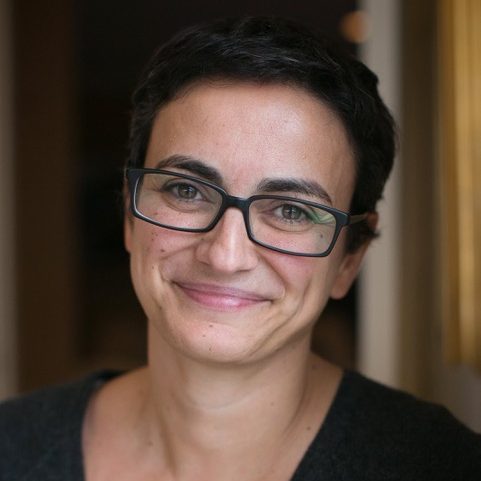 Keynote SpeakerStopping the real killer: How to block Plasmodium transmission by Anopheles mosquitoes Keynote SpeakerStopping the real killer: How to block Plasmodium transmission by Anopheles mosquitoesFlaminia Catteruccia, Harvard University, USAProfessor of Immunology and Infectious Diseases Flaminia Catteruccia is Professor in the Department of Immunology and Infectious Diseases at the Harvard T.H. Chan School of Public Health and an Howard Hughes Medical. |
|
| 0855 – 0910 | The duplicated pyrethroid-resistance genes CY6P9a/b are negatively associated with chlorfenapyr resistance supporting the high efficacy of interceptor-G2 against pyrethroid-resistant mosquitoes Centre for Research in Infectious Diseases |
|
| 0910 – 0925 | Visualising development of malaria parasites in the mosquito Indiana University School of Medicine |
|
| 0925 – 0940 | Natural selection on transmission investment is associated with Artemisinin resistance in Plasmodium falciparum University of Zurich |
|
| 0940 – 0945 | Mini Break | |
| 0945 – 1000 | Identification of novel malaria anti-gametocyte transmission blocking vaccine targets Burnet Institute |
|
| 1000 – 1015 | An all-in-one pipeline for the in vitro discovery and in vivo evaluation of Plasmodium falciparum malaria transmission blocking drug candidates Swiss Tropical And Public Health Institute |
|
| 1015 – 1030 | Locked Out and Left Behind: A Study of Organellar Inheritance in Plasmodium berghei The University of Melbourne |
|
| 1030 – 1100 | Morning Refreshments + Exhibition Viewing | Convention Centre Foyer |
| Vaccine Design Chairs: Professor Ian Cockburn, Dr Stephen Scally |
Convention Centre | |
| 1100 – 1125 | 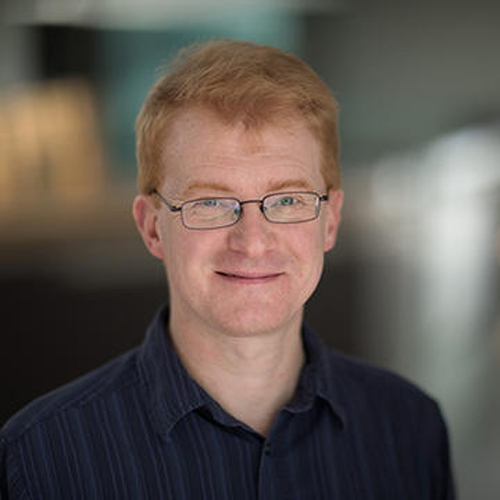 Keynote SpeakerMolecular mechanisms of severe malaria Keynote SpeakerMolecular mechanisms of severe malariaMatthew Higgins, University of Oxford, UKProfessor Matt Higgins is the EP Abraham Chair of Structural Biology at the University of Oxford. His research team study how different human-infective parasites interact with their hosts during essential processes in. 
|
|
| 1125 – 1150 |  Keynote SpeakerMonoclonal antibodies: harnessing the power of passive immunity in the fight against malaria Keynote SpeakerMonoclonal antibodies: harnessing the power of passive immunity in the fight against malariaAzza Idris, National Institutes of Health, Ragon Institute at Mass General, MIT, Harvard, Mass General for Children, USADr. Azza Idris is a physician scientist with extensive training in immunology and pediatric infectious diseases. Her professional interests span discovery science and translational research. Currently, she serves as the head of. 
|
|
| 1150 – 1155 | Mini Break | |
| 1155 – 1210 | Protective antibody mechanisms induced by the RTS,S malaria vaccine in a pediatric phase IIb clinical trial Burnet Institute |
|
| 1210 – 1225 | Evaluating the immunogenicity and protective efficacy of a chemically attenuated whole parasite Plasmodium falciparum blood-stage malaria vaccine in malaria-naïve volunteers Institute for Glycomics, Griffith University |
|
| 1225 – 1240 | Multi-protein chimeric antigens, a novel combined approach for efficiently targeting and blocking the blood Stage of Plasmodium falciparum Indian Institute of Science Education & Research, Pune |
|
| 1240 – 1300 | 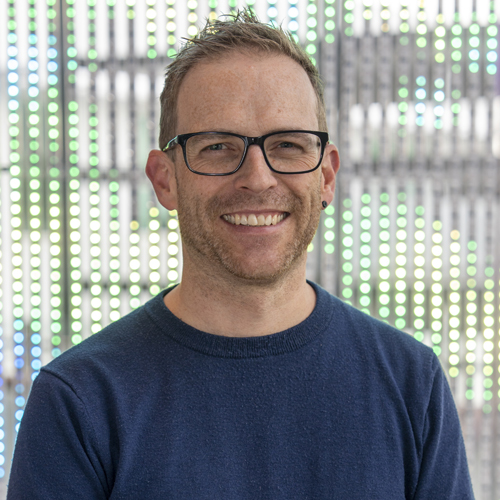 Keynote SpeakerNovel antimalarials targeting the late liver stage confer sterile immunity to malaria Keynote SpeakerNovel antimalarials targeting the late liver stage confer sterile immunity to malariaJustin Boddey, Walter and Eliza Hall Institute, AustraliaJustin Boddey is a Laboratory Head at the Walter and Eliza Hall Institute of Medical Research (WEHI), Principal Research Fellow at the University of Melbourne and Leadership Fellow of the National Health. |
|
| 1300 – 1410 | Introduction to molecular surveillance for malaria control: From the laboratory scientist to the decision-maker Menzies Institute for Health ResearchDeakin University and Burnet InstituteNational Institute for Medical ResearchKenya Institute for Medical ResearchOxford University Clinical Research UnitGlobal Health, Bill and Melinda Gates Foundation |
Heritage Ballroom |
| 1300 – 1410 | Lunch | Convention Centre Foyer |
| Pathogenesis Chairs: Professor Nicholas Anstey, Dr Maria Bernabeu |
Convention Centre | |
| 1410 – 1435 | 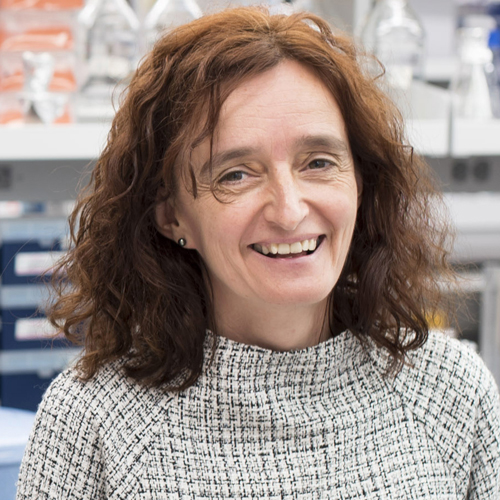 Keynote SpeakerMechanisms of malaria pathogenesis: anemia and cerebral malaria Keynote SpeakerMechanisms of malaria pathogenesis: anemia and cerebral malariaAna Rodriguez Fernandez, New York University, USAAna Rodriguez is a Full Professor in the Department of Microbiology at New York University School of Medicine in the US. She has dedicated her career to the study of host parasite. |
|
| 1435 – 1450 | Targeted volume electron microscopy of P. falciparum iRBC – endothelial interactions in a 3D blood brain barrier model EMBL Barcelona |
|
| 1450 – 1505 | Pathogenic CD8+ T cells in malaria have low affinity T cell receptors University of Utah |
|
| 1505 – 1530 | 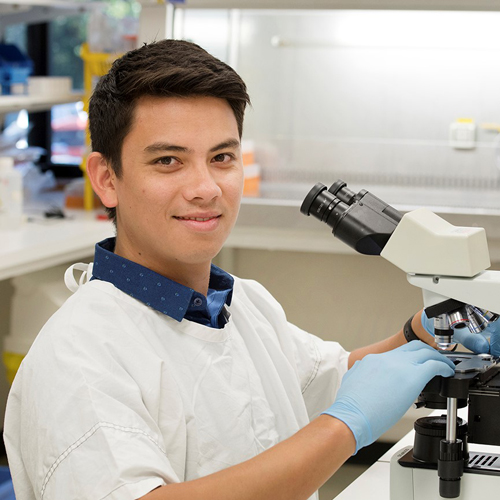 Keynote SpeakerHidden Splenic Reservoirs of Plasmodium vivax and Plasmodium falciparum Keynote SpeakerHidden Splenic Reservoirs of Plasmodium vivax and Plasmodium falciparumSteven Kho, Menzies School of Health Research, AustraliaDr Steven Kho is a post-doctoral researcher at the Menzies School of Health Research and led studies that recently uncovered the human spleen as a natural hidden reservoir for Plasmodium species. |
|
| 1530 – 1545 | Gut bacteria have the potential to cause susceptibility to severe malaria in African children Indiana University School of Medicine |
|
| 1545 – 1600 | A hidden biomass of P. falciparum parasites in the spleen of paediatric severe malaria cases? University of Glasgow |
|
| 1600 – 1615 | Plasmodium vivax serological exposure markers to uncover hidden malaria infections Walter and Eliza Hall Institute |
|
| 1615 – 1900 | Free Time | |
| 1900 – 1930 | Pre-Dinner Drinks | Convention Centre |
| 1930 – 2330 | Conference Dinner (Registration required) Venue: Convention Centre, Mantra Lorne Dress code: Smart Casual Join The Gala Dinner is the social highlight of the program and should not be missed. Come and join us for another chance to catch up with colleagues, whilst enjoying a great night of food, wine and entertainment.  |
|
Principal Funding Partner  Principal Sponsor  Barista Cart Sponsor  Name Badge and Lanyard Sponsor  |
||
| 1000 – 1300 | Registration opens | Convention Centre Foyer |
| 1000 – 1300 | Morning Tea | Convention Centre Foyer |
| 1000 – 1300 | Prayer room opens | The Observatory |
| 1000 – 1300 | Nursing room opens | Heritage 2 |
| 1000 – 1300 | Family room opens  |
Heritage 3 |
| 1030 – 1130 | Live streaming of the plenary at the Family Room and Heritage Ballroom | Heritage 3 Heritage Ballroom |
| Closing Remarks and Awards Ceremony Chairs: Dr Matt Dixon, Professor Denise Doolan |
Convention Centre | |
| 1030 – 1130 | MAM2024 Wrap-up – Closing remarks – Awards ceremony  |
Convention Centre |
| 1130 – 1300 | Lunch | Conference Foyer |
| 1300 – 1330 | Departure to Melbourne Airport | Mantra Foyer |
| 1300 | Departure to WEHI | |
Principal Funding Partner  Principal Sponsor  Barista Cart Sponsor  Name Badge and Lanyard Sponsor  |
||
The MAM 2024 Conference reserves the right to amend or alter any advertised details relating to dates, program and speakers if necessary and without notice, as a result of circumstances beyond their control. All attempts will be made to keep any changes to an absolute minimum.



